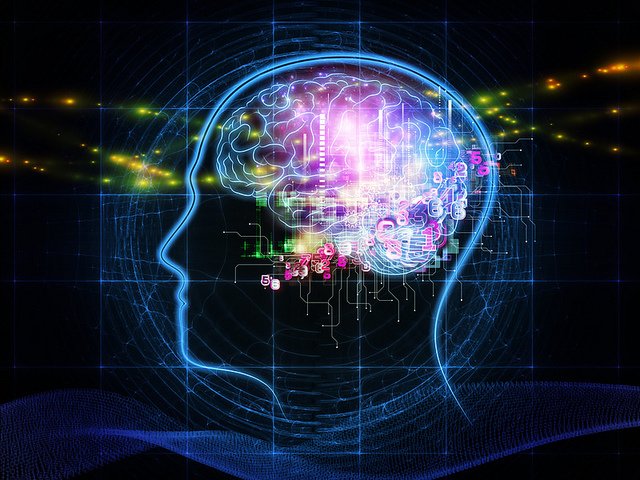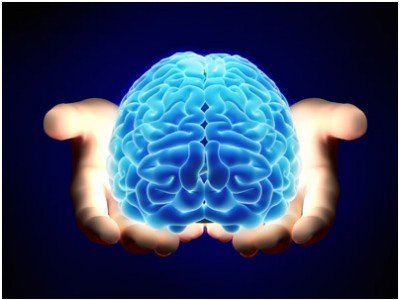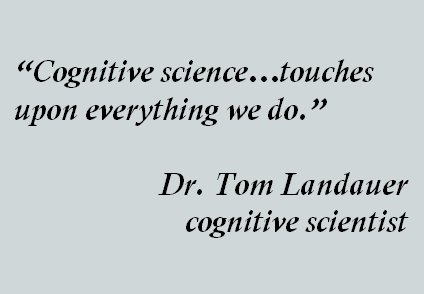The Philosophical, Psychological & Cognitive Approach of the Science of Cognition

Image Source
In cognitive science, philosophy is the oldest of all disciplines. It follows its underlying foundations back to the old Greeks. Philosophers have been dynamic all through quite a bit of recorded human history, endeavoring to formulate and to answer essential inquiries regarding the universe. This approach is free to contemplate virtually any kind of essential inquiry on virtually any subject, going from the idea of presence to the obtaining of information, to legislative issues, morals, and magnificence. Philosophers of mind limit their concentration to particular problems concerning the nature and the qualities of mind.
Kind of Reasoning in Philosophical Inquiry
Deductive Reasoning
Inductive Reasoning
Deductive reasoning includes the application of the guidelines of rationale to statements about the world. Given an underlying arrangement of statements thought to be valid, philosophers can determine different statements that logically should be right. For instance, if the statement "College students spent three hours every night " is valid and the statement "Mary is a college student" is valid, we would then be able to infer that "Mary spent three hours studying every night."
In inductive reasoning, they mention objective facts about particular cases on the planet, see shared characteristics among them, and make determinations. A case of inductive reasoning would be: "Whiskers the cat has four legs," "Scruffy the cat has four legs," along these lines "All cats have four legs." However, philosophers don't utilize a systematic form of enlistment known as the scientific method. That is utilized inside the other cognitive science disciplines.
Regarding the mind-body problem, philosophers wrangle over what precisely a mind is. Is the mind something physical like a stone or a seat, or is it nonphysical? Will minds exist just in brains or would they be able to rise up out of the operation of other complex substances, for example, computers? In the free will– determinism wrangle about we investigate whether our actions can ever be totally known or anticipated already.
The learning obtaining problem manages how we come to know things. Is information a result of one's hereditary enrichment or does it arise through one's interaction with nature? What amount does each of these elements add to any given mental capacity? We likewise investigate a standout amongst the most captivating and baffling puzzles of mind, that of awareness. What is awareness? It is safe to say that we are really cognizant at all?

Image Source
The Psychological Approach
Contrasted with philosophy, psychology is a moderately young discipline. It can be thought to be old however, especially when it is contrasted with a portion of the later newcomers to the cognitive science scene, for instance, artificial intelligence and robotics. Psychology emerged in the late 19th century and was the first discipline in which the scientific method was connected solely to the investigation of mental wonders. Early psychologists set up experimental research facilities that would empower them to catalog mental thoughts and to examine different mental limits, for example, vision and memory.
Most psychologists utilized the scientific method to both behaviors and mind. They endeavor to comprehend internal mental marvels, for example, considerations, as well as the outer behaviors that these internal wonders can offer rise to. The scientific method is a method for getting hold of substantial information about the world. One begins with a hypothesis about how the world functions and after that outlines an analysis to check whether the hypothesis has legitimacy.
In a trial, one essentially mentions objective facts under an arrangement of controlled conditions. The subsequent information at that point either support or neglect to help the hypothesis. The field of psychology is wide and includes numerous subdisciplines, every one having its one of a kind theoretical orientations. Each discipline has an alternate interpretation of what mind is. The most punctual psychologists, the voluntarists and structuralists, saw the mind as a sort of test tube in which concoction reactions between mental components occurred.
Interestingly, functionalism saw mind not as indicated by its constituent parts, but rather as indicated by what its operations were. The Gestaltists again backpedaled to a dream of mind as made out of parts, however accentuated that it was the blend and interaction of the parts, which offer rise to new wholes, that was critical. Psychoanalytic psychology imagines mind as an accumulation of contending substances, while behaviorism considers it to be a gadget that maps jolts onto behaviors.

Image Source
The Cognitive Approach
In the 1960s another form of psychology touched base on the scene. Known as cognitive psychology, it appeared to some degree as a reaction against the behaviorist movement and its significant accentuation on behavior. Cognitive psychologists put restored accentuation on the investigation of internal mental operations. They received the computer as an allegory for mind, and depicted mental functioning regarding representation and computation. They trusted that the mind, similar to a computer, could be comprehended regarding information processing.
The cognitive approach was additionally better ready to clarify wonders, for example, dialect procurement, for which behaviorists did not have good accounts. At around a similar time, new advances that allowed better estimation of mental activity were being created. This advanced a movement far from the behaviorist's accentuation on outer discernible behaviors toward the cognitive scientist's accentuation on internal capacities, as these could, surprisingly, be seen with sensible accuracy.
Natural in the cognitive approach is the idea of modularity. Modules are functionally autonomous mental units that get contributions from different modules, perform a particular processing undertaking, and pass the consequences of their computation onto yet extra modules. The impact of the modular approach can be found in the utilization of process models. These portray a given mental activity by means of the utilization of boxes and arrows, where boxes delineate modules and arrows the stream of information among them.
The strategies utilized as a part of this approach are the experimental method and computational modeling. Computational modeling includes completing a formal execution of a proposed cognitive process. Analysts can run the modeling process to recreate how the process may work in a human mind. They would then be able to modify different parameters of the model or change its structure with an end goal to accomplish comes about as close as conceivable to those got in human trials.
This utilization of modeling and correlation with experimental information is a one of a kind normal for cognitive psychology and is likewise utilized as a part of the artificial intelligence and network approaches. Cognitive psychologists have considered a wide assortment of mental processes. These incorporate example recognition, attention, memory, imagery, and problem solving.

Image Source
